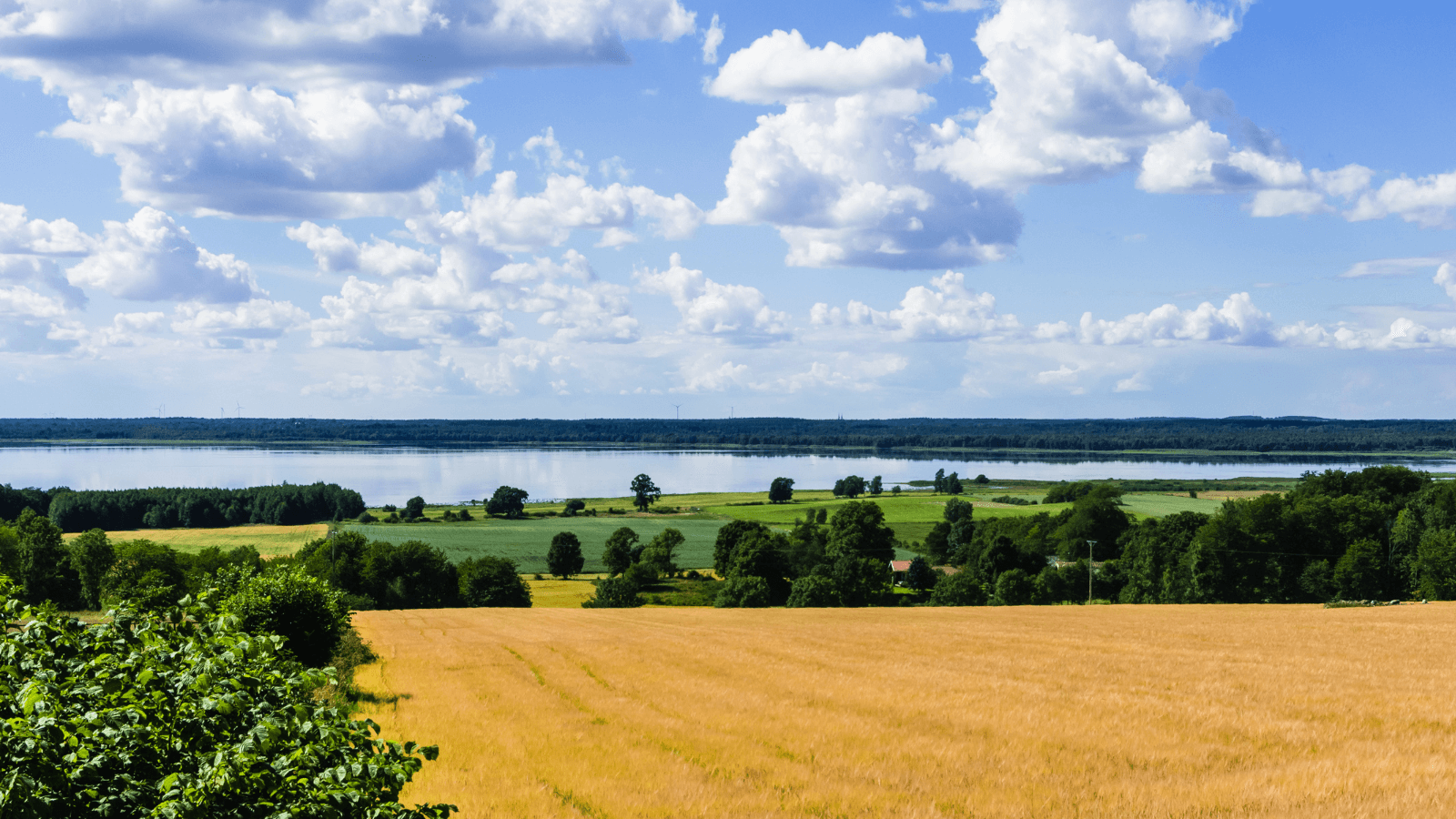
“The Lord God took the man and put him in the Garden of Eden to work it and take care of it.” Genesis 2:15 NIV
In 2023, the national Farm Bill expired. Farm Bills are usually in effect for five years, but extensions for a specific period can be added. The Farm Bill is an omnibus bill that governs an array of agricultural and food programs and provides an opportunity for policymakers to address agricultural and food issues comprehensively and periodically. Usually, farm bills are passed with bipartisan support. But it is questionable if a new Farm Bill will be successfully passed this year.
An important aspect of the Farm Bill is funding for conservation practices. States in the Midwest have developed plans to reduce the harmful effects of nutrients that end up in waterways and ultimately in the Gulf of Mexico, where hypoxia kills many of the water creatures that fisher folk depend upon for their livelihood. Conservation funding in the Farm Bill incentivizes farmers in the Midwest to help mitigate the migration of nutrients from their fields into waterways, rivers, and ultimately the Gulf of Mexico. It is a good example of the biblical command to love your neighbor. The two main nutrients that cause hypoxia are nitrogen (N) and phosphorus (P). N in the form of nitrates “leaks” from farming systems mostly via drainage tiles that empty into creeks and rivers. P is tightly held in soil. However, if soil erodes, P ions will be found in water associated with the eroded soil. Estimates are that Iowa has lost about half of its topsoil over the last 150 years.
A sticking point for negotiations related to the new Farm Bill is how the $20 billion from the Inflation Reduction Act (IRA) of 2022 will be used. The money was originally intended for climate-smart ag practices through existing USDA programs such as the Environmental Quality Incentives Program (EQIP) and Conservation Stewardship Program (CSP). There are over 100 different practices that qualify as part of the CSP. As a farmer, I feel maintaining these programs is an extremely important incentive to enhance water quality and maintain and enhance soil quality. Farmers living on the land are best placed to help mitigate the negative effect of farming practices on water quality.
Some of the benefits that I’m most familiar with which were funded using the CSP were a multi-step process to transition from minimum tillage to no-till as well as adding cover crops to my farming system. I have also benefited from using the EQIP program to install a biofilter on my farm. A biofilter is a device that is installed in a drainage tile line. Wood chips are buried in a lined trench through which water from the drainage tile flows. Wood chips are an energy source for microbes which convert nitrates that may be in the tile line into N gas which goes back in the atmosphere. Neighbors also hooked their tile line in mine that had the biofilter in it.
Passing a Farm Bill that includes using all the money of the IRA for conservation practices is good for everybody and creation.
Take Action: Help keep our water clean, our streams flowing, and soils healthy and productive by lending your voice to support a conservation-forward Farm Bill.






